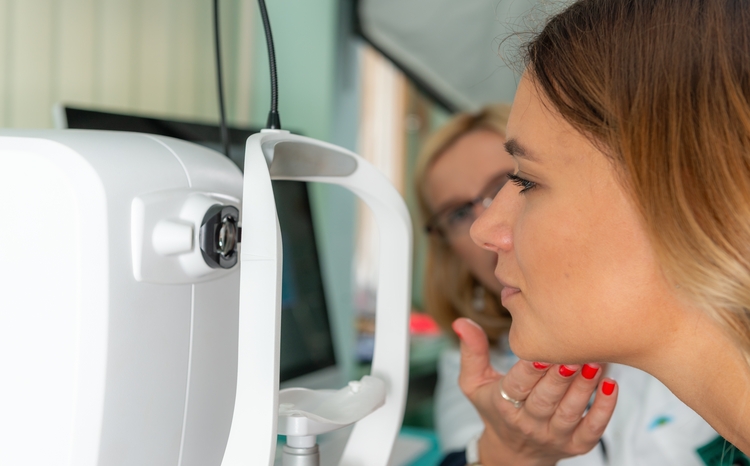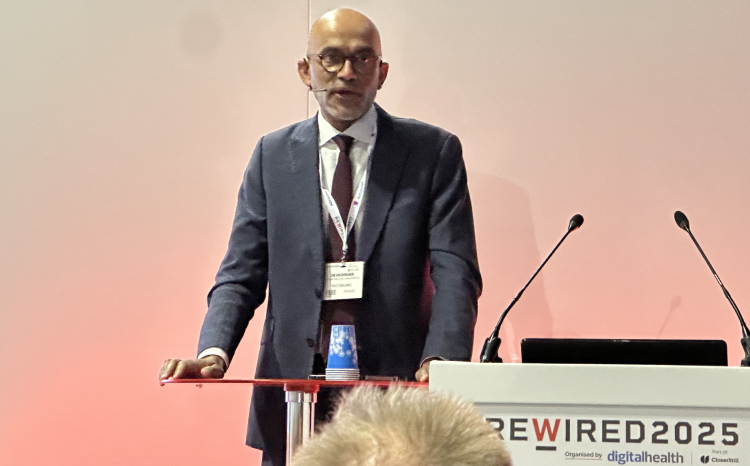NHSE announces digital eye screening plans for diabetes patients
- 18 November 2024

- The rollout of optical coherence tomography (OCT) scans means around 60,000 people with diabetes can receive advanced screening outside a traditional hospital setting
- People with diabetes can develop diabetic retinopathy, which can cause blindness if left undiagnosed
- NHS staff are being trained in OCT screening, and all eye care services are expected to be using the technology by October 2025
NHS England has announced plans to provide advanced eye scans in the community for people with diabetes, potentially saving up to 120,000 hospital appointments a year and helping to prevent sight loss.
The rollout of optical coherence tomography (OCT) scans means around 60,000 people with diabetes can receive advanced screening outside a traditional hospital setting, such as some larger GP practices, community hospitals or mobile vans across the country, which is planned to save hundreds of thousands of appointments, freeing up hospital care.
People with diabetes can develop a condition known as diabetic retinopathy, which is caused by high blood sugar levels damaging the retina. It can cause blindness if left undiagnosed and untreated but regular eye screening appointments can pick up problems early on.
OCT uses light waves to take more than 1,000 images of the eye, from the retina to the optic nerve to create a detailed 3D image that gives more accurate results than standard cameras by detecting changes that don’t show up in colour photography, such as a thickening of the retina.
Previously under a third of services have been offering OCT, and not equitably in all parts of the country. NHS staff are now being trained in OCT screening, and all eye care services are expected to be using the technology by October 2025.
Steve Russell, national director for vaccinations and screening at NHS England, said: “It’s fantastic news that these advanced eye scans will be available closer to home for thousands of people with diabetes across the country.
“This technology will help us find and treat diabetic eye conditions early, helping minimise and prevent sight loss, and it also means that thousands of appointments in traditional hospital settings could be saved, which is great news for the NHS.”
Around four million people are currently registered with the NHS Diabetic Eye Screening Programme, and 3.3 million have routine digital screening every one or two years.
It is expected around 60,000 people who are already showing signs of eye disease will take part in OCT screening, which is offered to people at higher risk of diabetic retinopathy.
Ophthalmology is one of the busiest outpatient specialities in secondary care and makes up almost 10% of the entire waiting list, with more than 500,000 ophthalmology operations every year and more than 7.5 million outpatient appointments.
It is estimated that 120,000 hospital ophthalmology appointments are set to be saved through OCT, once rolled out across the country, helping ease hospital backlogs and it is expected the number of hospital appointments saved will continue to rise.
In a press release, NHS England said the move comes as part of a drive to “boost productivity and provide the best patient care while driving maximum value for taxpayer”.
In March 2024, Central Camden Primary Care Network’s community bowel clinic revealed it was able to reduce waiting times by as much as 74 weeks, thanks to the introduction of new eye technology that can give a direct visualisation of the anorectal tract.




